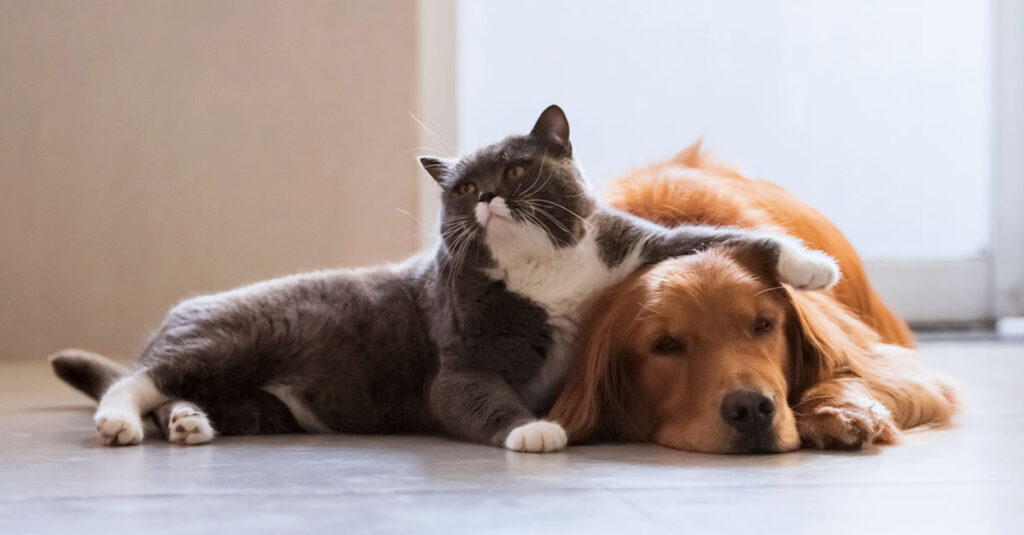
Cats are great pets and they have many of the same characteristics as their wild relatives. Although they are as affectionate and loving as dogs, there are still differences between them.
Feeding:
- Cats require taurine, an essential amino acid, for heart and eye health. The food you choose should be balanced for the life stage of your cat or kitten. Properly balanced cat foods will contain taurine.
- You will need to provide clean water at all times and wash and refill your cat’s water bowls daily.
- Treats should be no more than 5-10% of the diet.
- Many people feed baby food to a cat or kitten who is refusing food or not feeling well. You should read labels carefully: If the baby food contains onion or garlic powder, your cat could be poisoned.
- Take your cat to your veterinarian if signs of anorexia, diarrhea, vomiting or lethargy continue for more than two days.
Provide a balanced diet: Choose high-quality cat food that meets their specific nutritional needs. Consult with your vet to determine the appropriate portion sizes and feeding schedule.
Housing:
Prepare your home: Create a safe and comfortable environment for your new feline friend. Give them their own space with a cozy bed, scratching post, and some toys. Remove any potential hazards or toxic plants from their reach.
Grooming
- Brushing:
- Brush your cat depending on their coat needs. You may think that because cats seem to groom themselves, you don’t need to brush them. But you do need to brush long-hair cats several times a week and short-hair cats weekly. This will help reduce shedding in your home and also help the cat avoid the dreaded hairballs.
- For cats that tend to shed (long-haired ones especially), use a comb that has fine strands of metal. This gets deep into the undercoat and eliminates shedding.
- Checking for skin conditions:
- Check the cat for skin conditions as you brush. Be on the lookout for any fleas or other parasites, and for any unusual redness, lumps, bumps, or other skin problems. If you see anything suspicious, let your veterinarian know and ask for advice on how you should take care of it. Abnormally raised fur is an indication of ill health.
Maintain proper hygiene: Regularly clean your cat’s litter box to ensure they have a clean area to do their business. Brush their coat to prevent matting, and schedule regular vet visits for vaccinations and check-ups.
Things you need:
- Litter box, litter, and scoop
- Cat food and treats
- Water and food bowls
- Bed
- Cat post or tree
- Brush, nail clippers, and other grooming supplies
- Toothbrush and cat formulated toothpaste
- Toys (don’t forget the catnip!)
- Collar with identification tags
- Leash and harness (if you want to walk your pet)
- Various scratch pads
- Cat cubby or other places for hiding
- Carrier